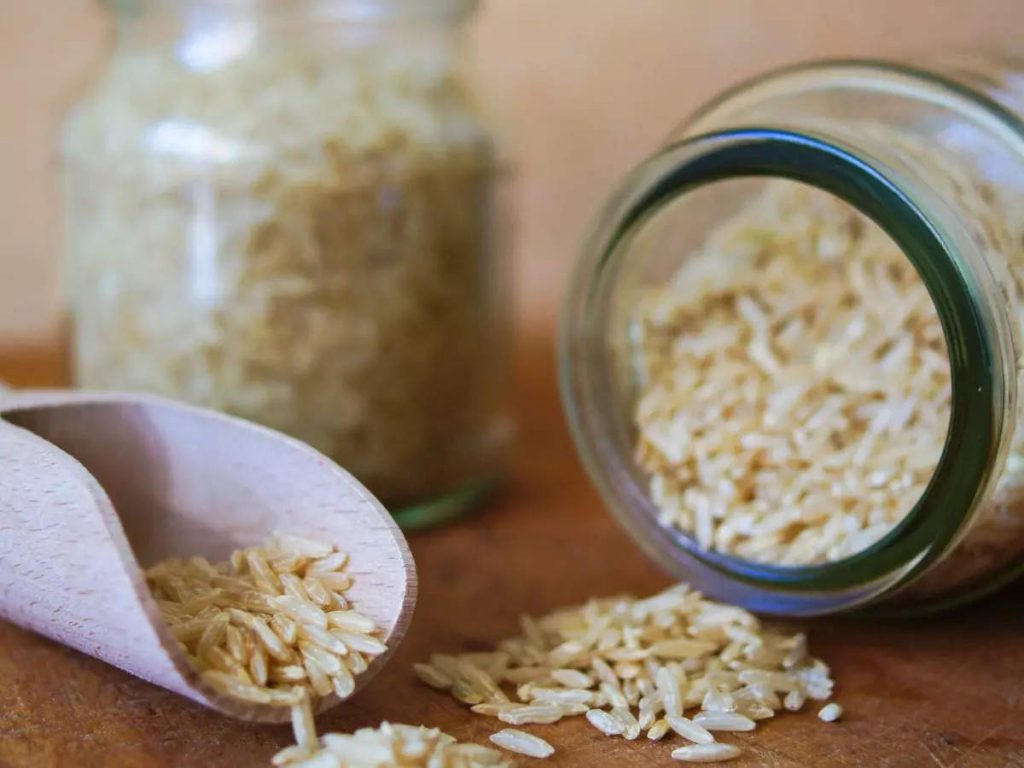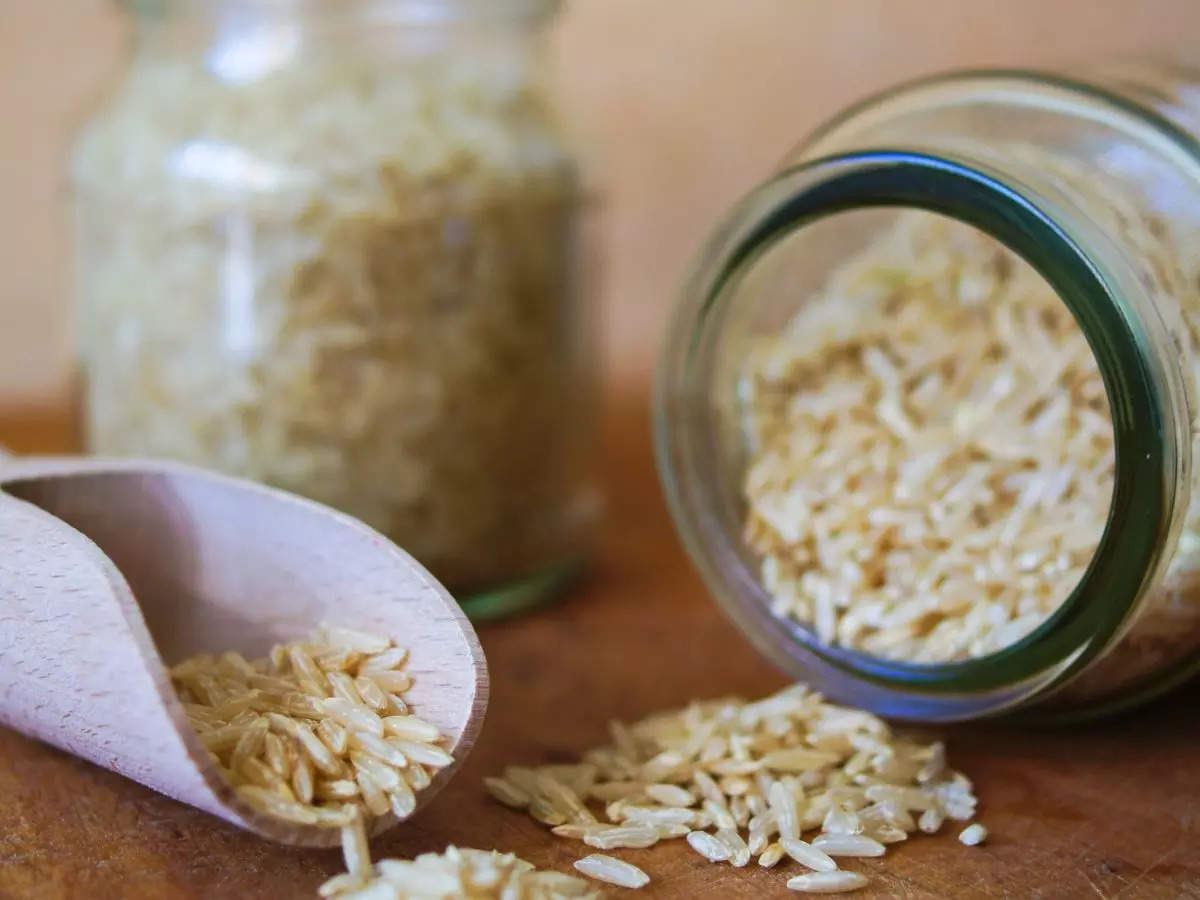Synopsis
The Indian government has extended the export duty on parboiled rice until March 31 next year. This move aims to maintain sufficient local stock and control domestic prices. The restrictions apply to all varieties of non-basmati rice, which make up about 25% of the country’s total rice exports. Earlier, the government also banned the export of non-basmati white rice to boost domestic supply and control retail prices during the festive season
The government of India on Friday extended the export duty on parboiled rice till March 31 next year.
The government in August had imposed a 20 per cent duty on the export of parboiled rice, a move aimed at maintaining adequate local stock and keep domestic prices under check.
With these curbs, India imposed restrictions on all varieties on non-basmati rice. Non-basmati white rice constitutes about 25 per cent of the total rice exported from the country.
Earlier, the government banned exports of non-basmati white rice to boost domestic supply and keep retail prices under check during the upcoming festive season. In September last year, exports of broken rice were prohibited.

In the April-June period of this fiscal, about 15.54 lakh tonnes of non-basmati white rice was exported against only 11.55 lakh tonnes in the year-ago period.
The ban on exports of non-basmati white rice was imposed due to the rise in prices of the foodgrain and higher exports.
India’s retail inflation eased to 5.02 per cent in September on an annual basis as against 6.83 per cent in August, showed data released by the ministry of statistics on Thursday.
India’s rice production is estimated to have risen to 135.54 million tonnes in the 2022-23 crop year (July-June) from 129.47 million tonnes in the previous year, according to the agriculture ministry data.
Read more at-https://tinyurl.com/2c3pz46m




